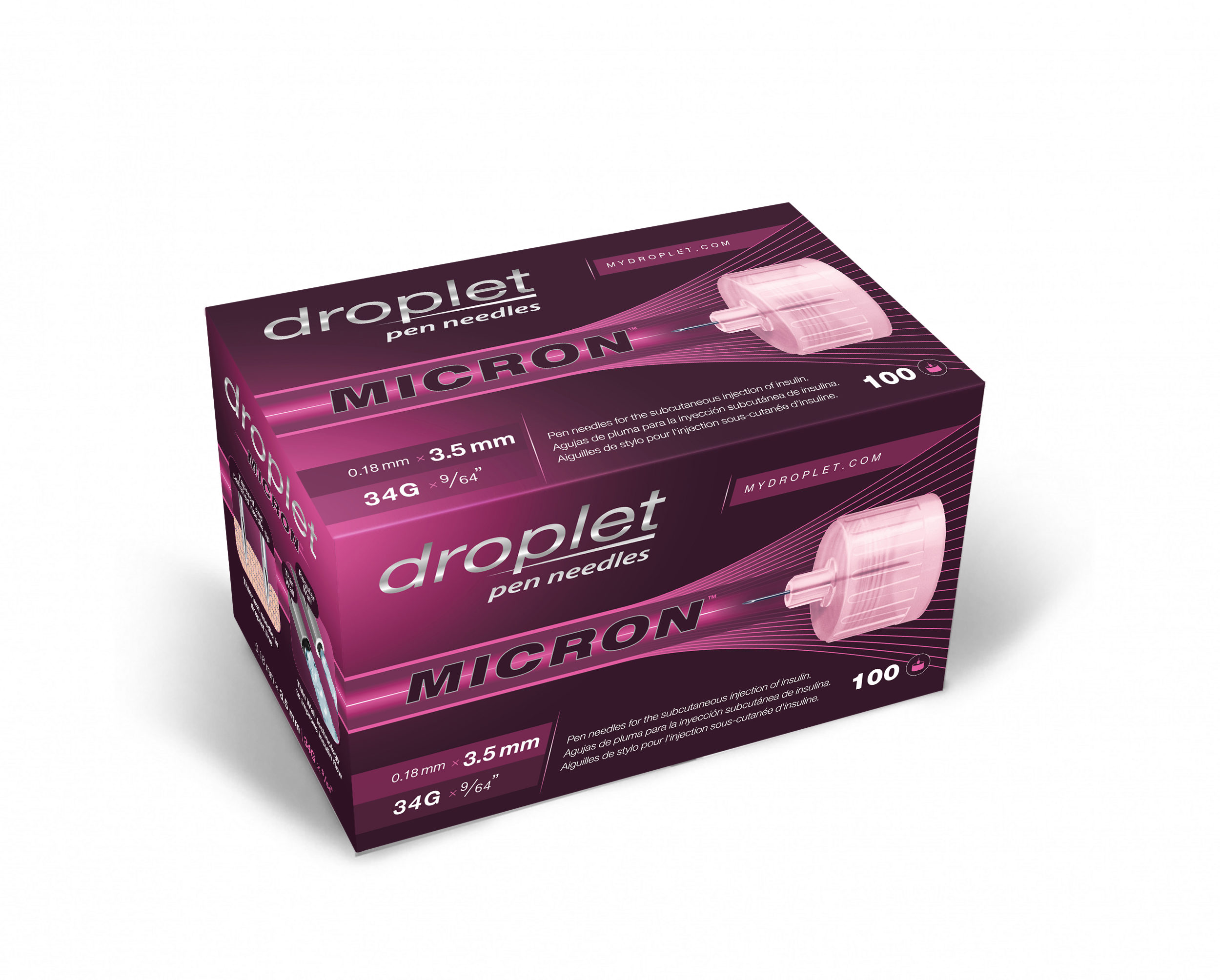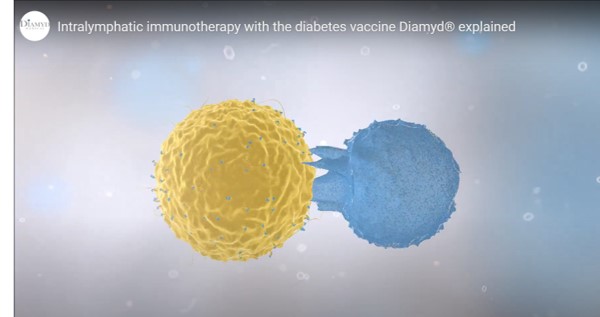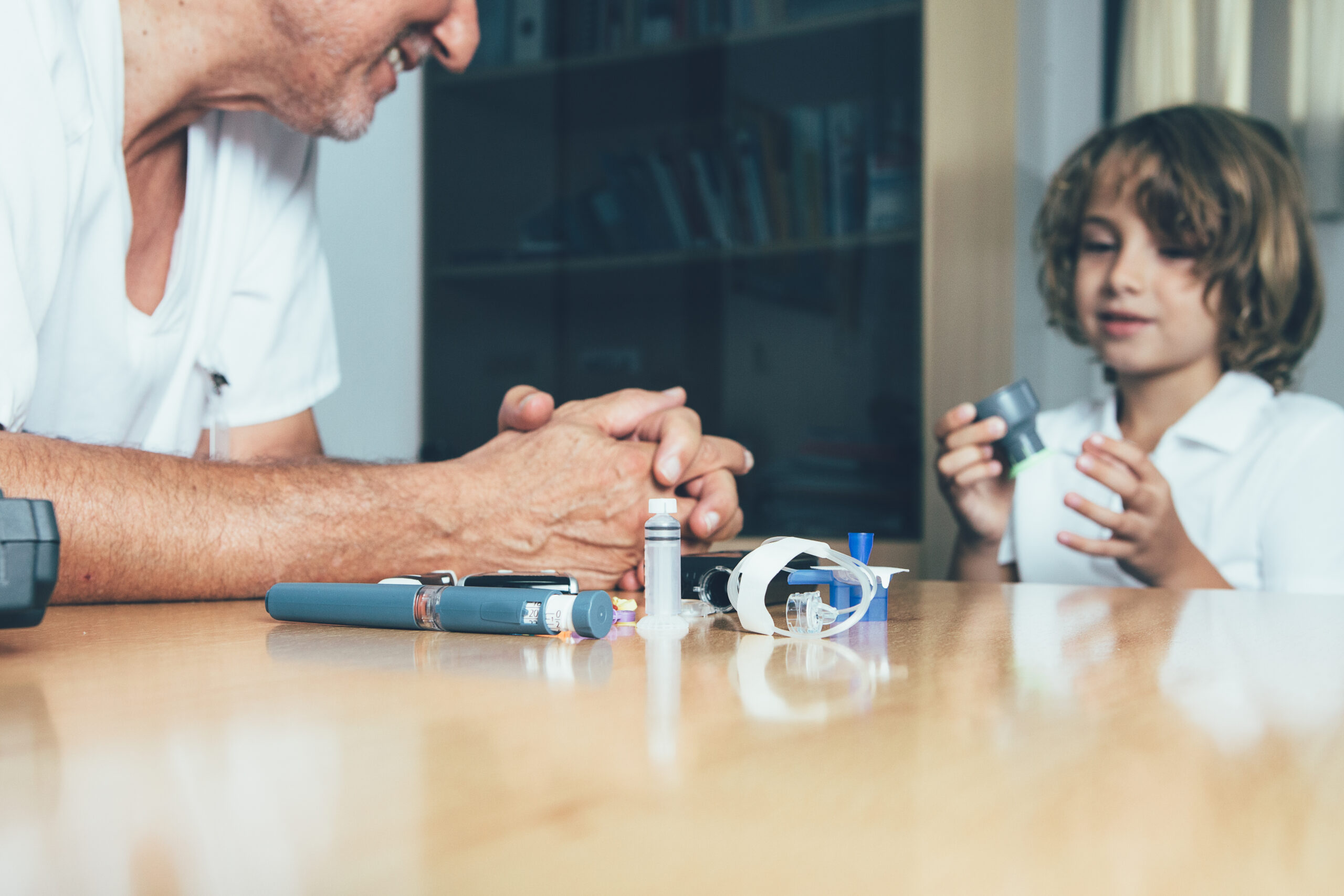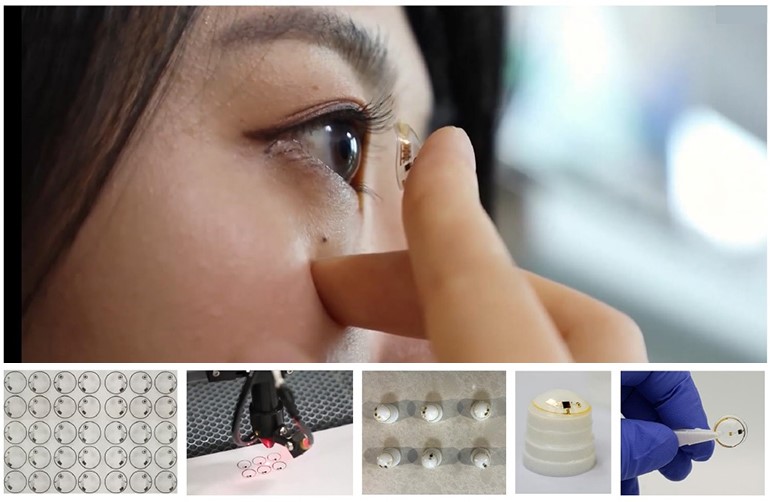Familial history is a strong predictor for type 1 diabetes (T1D), with people who have family members with the disease being 15 times more likely to develop it. This makes early screening important, and to address this, Provention Bio, Inc. (Nasdaq:PRVB) – a biopharmaceutical company dedicated to intercepting and preventing autoimmune disease – has launched two new national campaigns targeted at physicians and consumers to increase awareness around proactive T1D screening.
The call-to-action campaigns are efforts to help redefine patient care in T1D through the disease state and screening education campaigns. The campaigns encourage early and routine autoantibody screening for at-risk individuals.
The physician campaign is called ‘Connected by T1D’ and features a sewing thread and needle concept, reflecting the familial ‘thread’ of T1D. It encourages screening of first- and second-degree relatives to help at-risk individuals avoid serious complications of the disease.
‘Type 1 Tested’ is the name of the consumer campaign, which has a call-to-action for those with a family history of T1D to get the type 1 autoantibody blood test so that the disease can be detected at early stages prior to the emergence any clinical symptoms.
According to Proventia, both campaigns focus on the need to screen patients at greater risk of developing T1D due to having one or more family members with T1D.
TID affects 1.6 million people in the United States, with more than 300,000 people being in the preclinical stages of the disease in which damage begins months to years before the onset of symptoms.
Related: Type 1 Diabetes Vaccine: Does Diamyd Have a Winning Formula?
Autoantibody screening involves measuring levels of islet autoantibodies (iAb) that recognize antigens found in insulin-producing pancreatic beta cells. This is the gold standard test to confirm T1D diagnosis, a chronic autoimmune disease in which the immune system aberrantly attacks insulin-producing beta cells in the pancreas, leading to insulin deficiency. The presence of one or more iAbs indicates pancreatic autoimmunity and is consistent with a T1D diagnosis.
The digital campaigns include targeted media efforts with paid search and social ads to pediatric endocrinologists and T1D family audiences.

“The first time someone with type 1 diabetes presents with symptoms, they’ve lost the majority of their beta cells and they can’t be put back,” said Provention CEO, Ashleigh Palmer. She said that’s why it’s “so important that we educate the market with campaigns like the ones we’ve launched.”
“We are proud to launch these complementary campaigns and be part of the T1D ecosystem empowering doctors and patients with information,” said Eleanor (Leni) Ramos, MD, CMO, Provention Bio. “We hope this national educational effort will inspire behavioral change by challenging the standard clinical practice with respect to T1D, and encourage autoantibody screening for relatives of people living with the disease. Both are essential to redefining what patient care looks like for this chronic, life-altering and life-threatening disease.”
T1D Therapy and Prevention
Provention is developing an investigational anti-CD3 monoclonal antibody called PRV-031 (teplizumab), which is designed to delay onset, or prevent T1D in at-risk individuals. The company began rolling submission of a biologic license application (BLA) to the FDA for teplizumab back in April.
Provention will conclude the filing upon submission of its manufacturing package this quarter. With this, Provention CEO Ashleigh Palmer said it’s “conceivable we could have a decision from the FDA” by mid-2021.
The BLA was initiated based on the results of a Phase II ‘At-Risk’ study in which a single course of teplizumab delayed the onset of clinical T1D (as compared to placebo) by a median of about three years in presymptomatic children and adults. If approved, the drug would be Provention’s first approved compound, and one of the first drugs available to patients for the delay and prevention of T1D.











Join or login to leave a comment
JOIN LOGIN